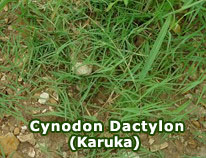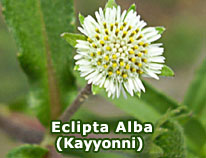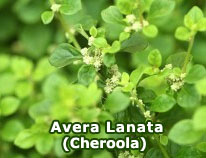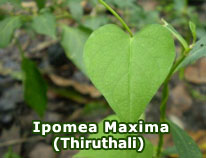
The Four Basic Constituents of Human Body
According to Ayurveda, human body is composed mainly of four basic elements namely Akash (ether or space), Bhumi (earth or bodily mass), Jal (water), Vayu (air) and Agni (fire or energy).
These five elements join to form Doshas (tridosha), Dhatus (sapta dhathu), and Malas, which have further divisions.
Dosha (doshas, tridosha)
Vata, pitta and kapha are the three doshas (tridosha) of human body. They are derived from the five basic elements (panchabhootas) of nature, namely, Akash (space, sky or ether), Bhumi (earth), Jal (water), Vayu (air, atmosphere) and Agni (fire, energy). The doshas form human body and keeps the body in a healthy condition. Any imbalances to any of the dosha can cause disease, which will in turn affect the balance of other doshas too. Persons are also classified based on the dominant dosha, prakriti of the person.
Dhatus (dhathus, sapta dhatus)
Seven dhatus form the building elements of human body. They are Rasa (fluid, plasma), Rakta (blood), Mamsa (flesh, muscle), Asthi (bones), Majja (bone marrow) and Shukla (shukra – semen). The supply of dhatus determines the nourishments to different parts of the body and healthy being of internal and external organs.
Mala
Mala (or malas) is anything that is a waste product in human body. The different malas are digestive waste, urine, sweat, air, menstrual blood, etc. It is the responsibility of humans not to suppress the release of any mala or waste product from the body. They are toxic inside our body, causing different diseases. Not suppressing any natural urges (sareera vega) is essential for expelling toxins from our body.













 Loading ...
Loading ...





